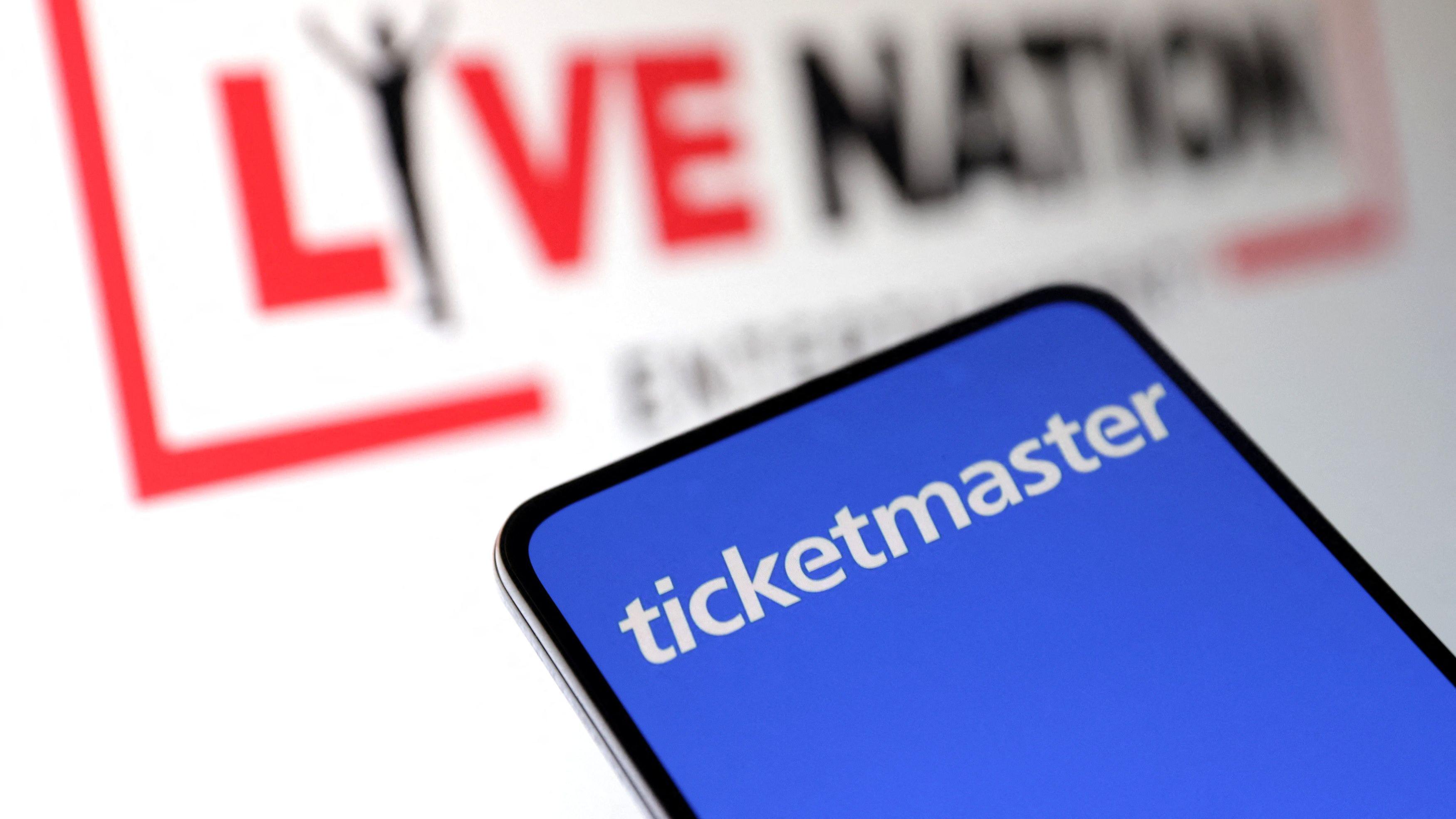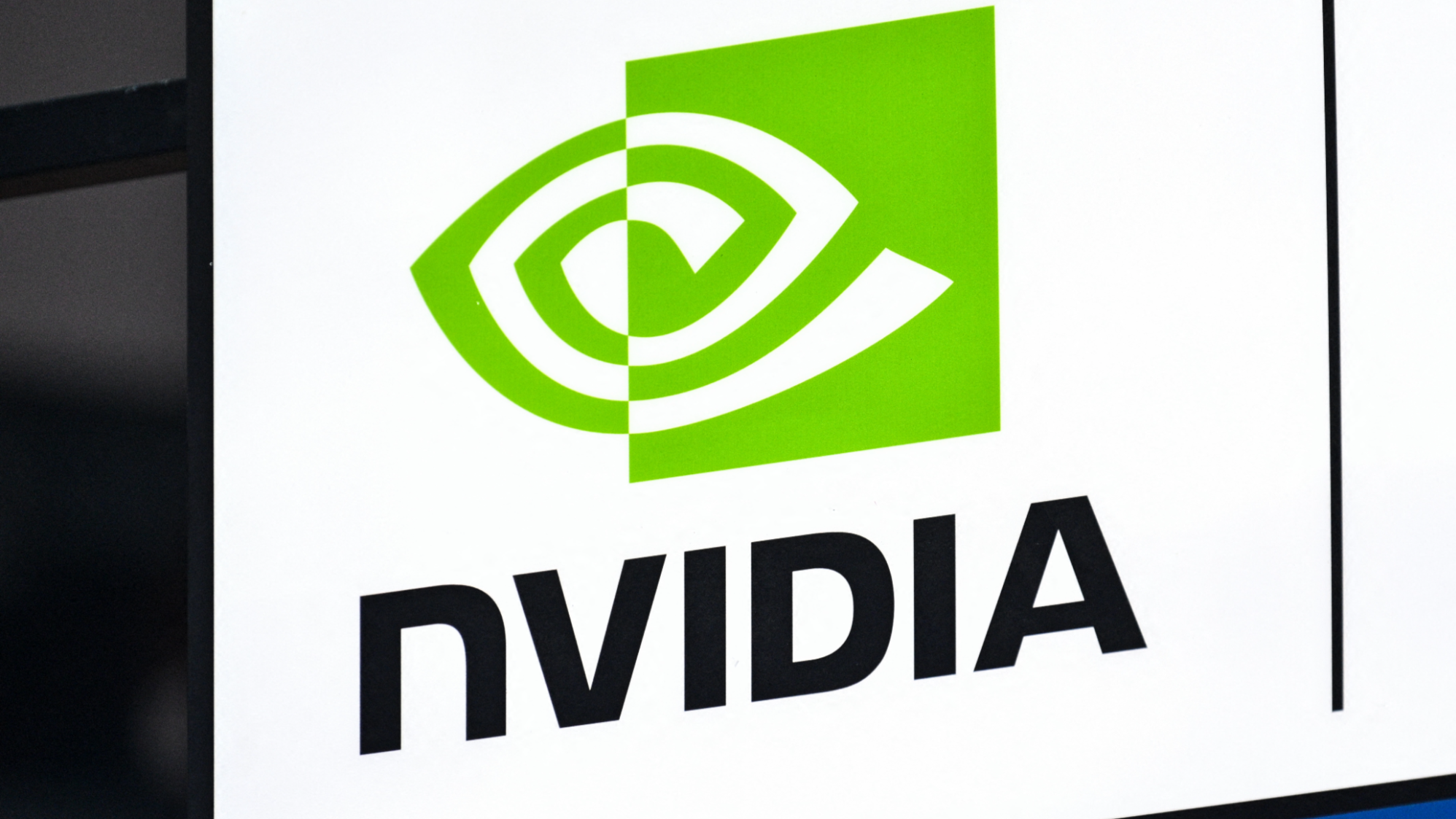The Federal Trade Commission has initiated legal action against Live Nation and its subsidiary Ticketmaster, accusing the companies of engaging in unlawful practices surrounding ticket resales. This case has reignited national debate about fairness, transparency, and competition in the live entertainment industry.
The lawsuit represents one of the most significant challenges yet to the power held by Live Nation and Ticketmaster, two entities that together dominate a large portion of the live events market in the United States. For years, consumers and smaller competitors have voiced frustration over high ticket prices, hidden fees, and limited access to tickets, often blaming the consolidated market structure for restricting choice. Now, with the FTC stepping in, the spotlight is firmly on the business models that have long shaped how Americans purchase access to concerts, sports games, and theatrical performances.
In the center of the legal action are claims that Live Nation and Ticketmaster engaged in activities that broke competition laws by creating obstacles for other companies and raising prices for customers. Officials insist that these firms have leveraged their strong presence in the market to dominate not only the main ticket sales but also to influence the secondary marketplace, where tickets are often sold again at significantly higher fees. By acting in this manner, detractors argue, the companies have used their advantage to the detriment of both supporters and performers.
A growing history of complaints against ticketing giants
Long before the FTC’s action, fans and musicians alike had raised concerns about the influence Live Nation and Ticketmaster wield over the entertainment landscape. The merger of the two companies in 2010 was controversial from the outset, with many warning that the consolidation of promoter and ticketing services under one corporate umbrella would stifle competition. Subsequent years seemed to validate those concerns, as complaints about rising fees and lack of alternatives became more frequent.
High-profile incidents further intensified public scrutiny. When popular artists announced tours, tickets often sold out in minutes, only to reappear almost instantly on resale platforms at steep markups. Critics alleged that the ticketing giants either turned a blind eye to the issue or actively benefited from it, given that both primary and resale transactions generated revenue. Such patterns led to accusations that the companies prioritized profits over fairness, creating an environment where fans were consistently priced out of seeing their favorite performers.
Artists themselves have also spoken out. Several well-known musicians and industry figures criticized the structure that forces them to rely on Ticketmaster for ticket distribution, despite its reputation among fans. They argued that the system undermines their efforts to make live shows accessible and affordable, eroding trust between performers and audiences. These ongoing disputes laid the groundwork for regulatory authorities to examine whether the practices in place crossed the line from aggressive business strategy into illegal monopolistic conduct.
The legal goals and arguments of the FTC
The FTC’s lawsuit is built on the premise that Live Nation and Ticketmaster’s behavior has limited competition, harmed consumers, and distorted the marketplace for event tickets. Central to the commission’s case is the claim that the companies leveraged their dominant position not just to facilitate primary sales but to profit from inflated resale markets. By allegedly enabling or failing to prevent unlawful resale practices, they are accused of driving up costs in ways that undermine both accessibility and transparency.
The commission aims to tackle not just particular complaints but also to create a standard for governing influential intermediaries in the digital economy. In the United States, antitrust law has traditionally concentrated on preventing any one firm from monopolizing a sector to the disadvantage of customers and rivals. By taking legal steps against these companies, the FTC seeks to communicate a warning to other sectors where market concentration and restricted consumer options prevail.
If the suit is successful, it might lead to major repercussions and potentially alter the framework of how Live Nation and Ticketmaster function. Possible solutions could involve enhanced regulation of resale services, the enforcement of more rigorous transparency standards for costs and charges, or even the mandatory division of certain divisions. For buyers, the decision could influence how tickets are purchased and marketed, possibly resulting in more competitive prices and increased responsibility.
Implications for the live entertainment industry
The case against Live Nation and Ticketmaster arrives at a pivotal moment for live entertainment. Following the pandemic, demand for concerts, sports, and cultural events surged, with many fans eager to return to in-person experiences. However, the frustration over ticketing practices also grew louder, fueled by the perception that access to events had become a privilege for those able to pay inflated resale prices.
In case the legal action leads to changes, it might alter the industry’s dynamics considerably. Increased openness in pricing models and stricter control of ticket resales could enhance consumer confidence, while allowing smaller firms a fairer opportunity to expand their market presence. Local ticketing services and area-based promoters, frequently eclipsed by the dominance of Live Nation and Ticketmaster, might gain from a more balanced competitive landscape.
At the same time, the companies themselves argue that their scale and integration bring benefits, including streamlined services and investments in event promotion. They contend that high resale prices are driven by demand and limited supply, not by deliberate manipulation. How these arguments hold up in court will be crucial in determining whether the lawsuit leads to lasting change or simply reinforces the current status quo.
For artists, the implications are equally significant. Musicians have long sought ways to maintain control over ticket distribution, experimenting with fan clubs, verified sales, and alternative platforms to counteract scalping. A successful challenge to the existing system could empower performers to adopt fairer models that better reflect their values and strengthen the relationship with their audiences. Conversely, if the lawsuit falters, it may discourage further attempts to confront industry giants, leaving artists with limited tools to influence the marketplace.
A broader reflection on corporate power and consumer rights
The FTC’s move against Live Nation and Ticketmaster is part of a wider trend of renewed focus on corporate accountability. Across sectors ranging from technology to healthcare, regulators are increasingly scrutinizing whether dominant companies abuse their power in ways that harm consumers. The outcome of this lawsuit will not only determine the future of ticketing but could also shape the government’s broader approach to antitrust enforcement in the coming years.
Consumers should be aware of the significance of openness and equal opportunity in industries impacting daily living. Be it buying tickets for a unique concert experience or going to a nearby sports game, individuals anticipate systems that emphasize justice rather than taking advantage. The widespread disapproval of ticketing methods has already altered the narrative, and the FTC’s action signifies a real endeavor to turn those worries into tangible measures.
As the case unfolds, it will likely draw intense attention from fans, artists, policymakers, and competitors alike. Each has a stake in the outcome, which could either reaffirm the dominance of existing structures or open the door to meaningful reforms. In either scenario, the spotlight on Live Nation and Ticketmaster serves as a reminder that when a few companies control access to experiences as meaningful as live events, the question of fairness is never far behind.
In the end, the lawsuit reflects a broader debate about how markets should function in an age of digital platforms and global corporations. At its core, the issue is not just about ticket resales but about the balance of power between consumers and the companies that shape their choices. The FTC’s challenge is a test case for whether that balance can be recalibrated in favor of fairness, or whether entrenched giants will continue to dictate the rules of the game.




